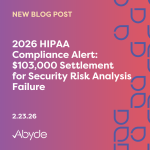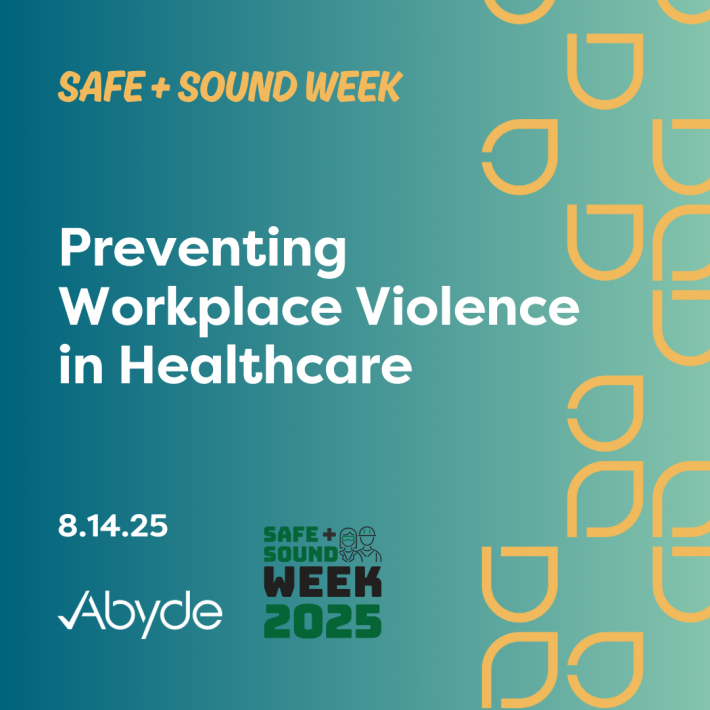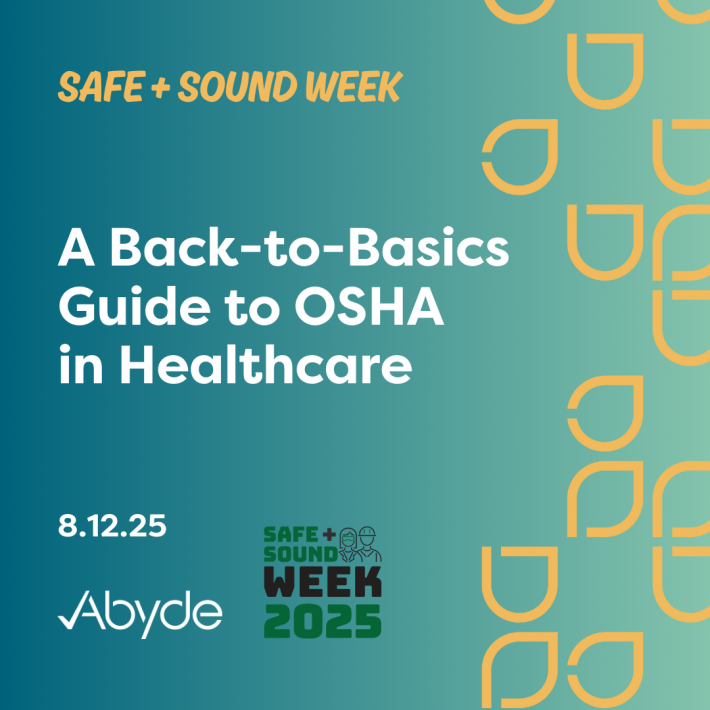March 28, 2024
Want to know what’s up with bloodborne pathogens? Well, you’ve come to the right place.
In honor of our blog yesterday about how to handle a sharps accident, we’re venturing into the world of bloodborne pathogens.
When working in healthcare, you’ll likely run into bloodborne pathogens, so much so that OSHA developed the Bloodborne Pathogens Standard.
Handling bloodborne pathogens can be risky but with knowledge under your belt and along with the right precautions, you can manage any situation with confidence.
Blood Stuff 101
If you get queasy, sorry in advance, but to talk about bloodborne pathogens means, well, we have to talk about blood.
Bloodborne pathogens are infectious microorganisms in blood and that can cause serious diseases.
Some of the most common bloodborne pathogens include malaria, Hepatitis B and C, and Human Immunodeficiency Virus (HIV). Now, the good news is that safety measures are constantly improving. While accidental exposures still happen – around 3 million healthcare workers encounter these pathogens each year – we’re getting better at preventing them.
These viruses can wreak havoc on your health but fear not! By handling them with care, we can keep them firmly in their place.
Game Over, Germs!
Ready to learn how to handle bloodborne pathogens? No sweat! Here are some key things to remember.
First, before even handling any bloodborne pathogens, make sure you have a List of Exposure Tasks ready, or your game plan when working with these pesky pathogens.
When you’re working with bloodborne pathogens, safely handle them and have disposal ready for any procedure. Utilize the device’s safety features, like needles that retract or have a safety shield. Used needles and other sharps need to go into a biohazard waste basket, separate from other trash.
Get suited up! Personal Protective Equipment (PPE) is required when working with bloodborne pathogens. The Bloodborne Pathogens Standard and the CDC standard precautions include gloves, gowns, masks, eye protection, and face shields.
If you are accidentally pricked, stay calm and read our article here about the steps you need to take.
And of course, make sure you’re trained on bloodborne pathogens and sharps safety. With the Abyde OSHA software, we have entertaining and informational (yes, they can go together!) training on bloodborne pathogens and sharps in our software. The best part? You can complete the training at your own pace. No need to close your practice for the day!
Also, an added bonus of the Abyde software includes access to our amazing team of compliance experts, here to answer any of your questions, like any bloodborne pathogen concerns.
Want to Never Stress Over Compliance Again? Email us at info@abyde.com and schedule a consultation here!





